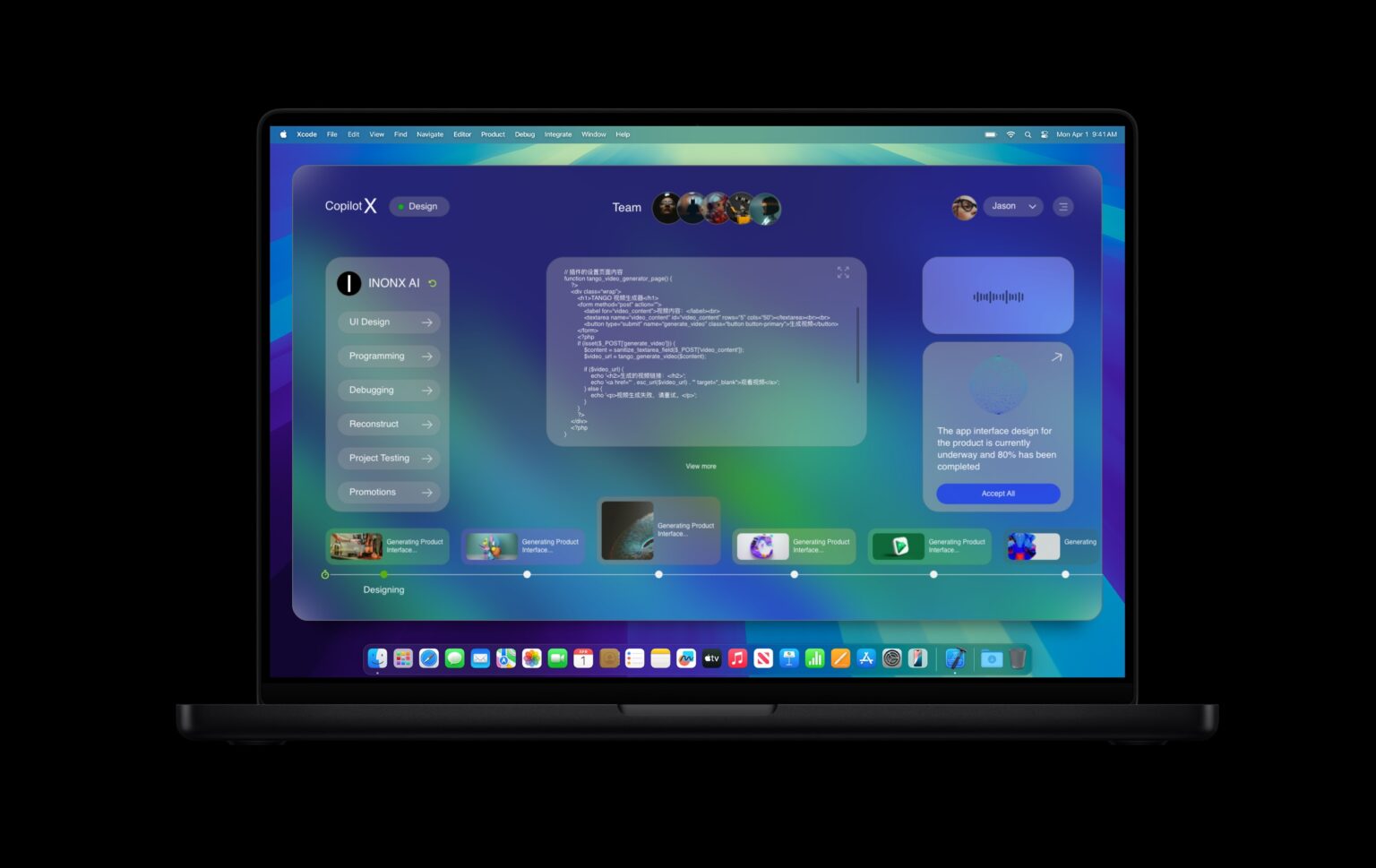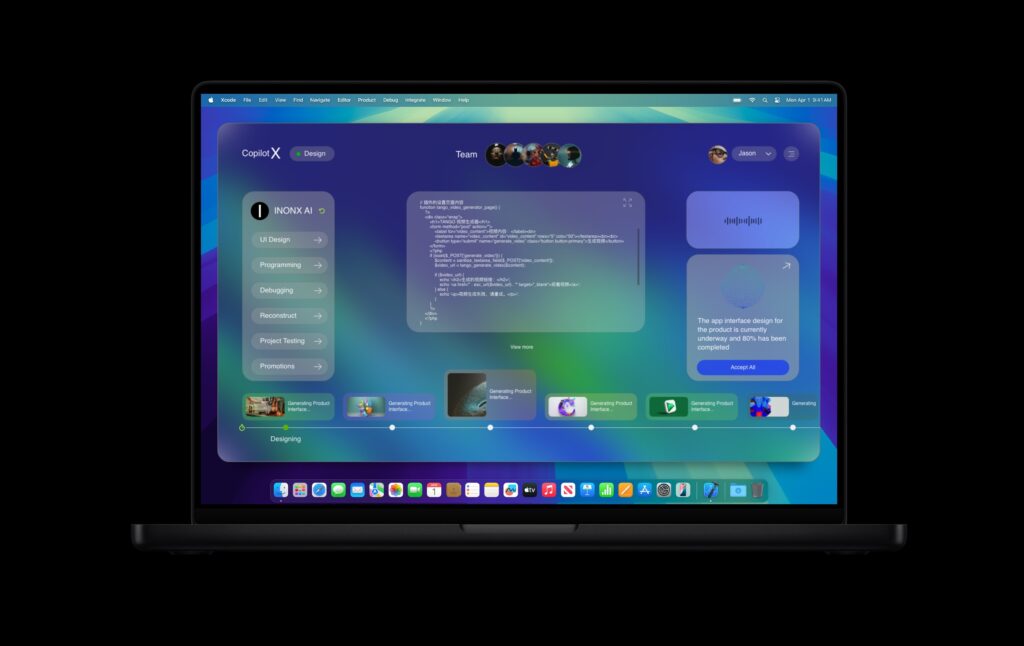In the era of rapid technological advancement, artificial intelligence (AI) has emerged as a cornerstone of innovation across various industries. With its extensive applications in Automated Testing, Business Optimization, and Operational Efficiency, AI is not just a buzzword; it’s a pivotal mechanism driving efficiency and transformation. This article delves into the latest trends, updates, and insights into these AI applications, offering a comprehensive view for businesses and technology enthusiasts alike.
.
**AI in Automated Testing: Revolutionizing Quality Assurance**
Automated testing has long been a staple in software development, streamlining processes and enhancing product quality. However, the emergence of AI is set to redefine this landscape. Traditional automated testing solutions often rely on predefined test cases, which may not comprehensively cover potential user interactions or system behaviors. AI-driven testing, on the other hand, leverages machine learning algorithms to analyze application behavior dynamically.
AI techniques, such as predictive analytics, allow for the identification of high-risk areas in applications, enabling testers to focus on potential problem areas instead of executing exhaustive test cases. A notable example is the use of AI algorithms by companies like Test.ai, which apply machine learning to automate the identification of UI elements and generate corresponding test scripts rapidly. This reduces the time required for manual intervention and enables continuous testing, a pattern indispensable in agile environments.
.
Furthermore, AI in automated testing can facilitate better reporting. Tools equipped with natural language processing can interpret results and generate comprehensive reports that are easily understood by stakeholders, regardless of their technical expertise. By bridging the gap between technical teams and business executives, AI-driven solutions enhance collaboration and informed decision-making.
.
**AI for Business Optimization: Enhancing Performance across Sectors**
Business optimization is essential for sustained competitiveness in today’s fast-paced marketplaces. AI is playing a critical role in refining processes and delivering actionable insights across various sectors. Retailers, for example, utilize AI-powered analytics to gain a deeper understanding of consumer behavior, allowing them to tailor marketing efforts, optimize inventory, and enhance customer experiences.
According to a report from McKinsey, companies that have implemented AI-driven analytics in marketing and sales can expect up to a 20% increase in sales conversions. Personalization is key here; algorithms can analyze vast amounts of consumer data to identify patterns and preferences, enabling businesses to recommend products that resonate with individual customers.
.
On the operational side, AI applications are optimizing supply chains by predicting demand fluctuations and identifying potential disruptions. Companies like Amazon are leveraging AI to analyze marketplace trends, enabling them to stock inventory more effectively and reduce overhead costs. In manufacturing, machine learning algorithms can monitor equipment performance, predict maintenance needs, and optimize production schedules, thereby cutting down on operational inefficiencies.
.
**AI for Operational Efficiency: Streamlining Resources and Processes**
Operational efficiency is paramount for organizations aiming to maximize their resources and minimize waste. AI’s role in enhancing operational processes cannot be overstated. By automating routine tasks, companies can free up their workforce to concentrate on more strategic endeavors.
AI chatbots, for instance, are transforming customer service by offering immediate assistance and resolution to queries, which significantly reduces response times. Businesses that have integrated AI-driven customer service platforms report a drop in operational costs of up to 30% as these bots handle a large volume of inquiries without human intervention.
.
Additionally, AI can improve energy management within organizations. Smart algorithms analyze energy consumption patterns, optimizing usage and leading to significant cost savings. For instance, Google has implemented AI to manage energy usage in its data centers, cutting energy consumption for cooling purposes by 40%. This example illustrates the power of AI in not only optimizing processes but also contributing to sustainability goals.
.
**Trends and Solutions: The Future of AI in Business**
As AI technology continues to evolve, several trends are shaping its application in business. First and foremost is the integration of AI with the Internet of Things (IoT). By combining IoT data with AI analytics, companies can achieve a new level of operational insight. Smart factories equipped with sensors can collect real-time data, which AI can interpret to improve operational workflows and maintenance scheduling.
.
Another trend is the increasing importance of ethical AI. As businesses deploy AI-driven solutions, the focus is shifting towards ensuring that these technologies are implemented responsibly. Companies are now prioritizing transparency and accountability, utilizing algorithms that can explain their decision-making processes. This is crucial for maintaining customer trust and aligning with regulatory standards.
Furthermore, the democratization of AI is making it accessible to smaller enterprises. Cloud-based AI platforms allow businesses of all sizes to leverage sophisticated tools without the extensive upfront investment. This accessibility empowers smaller organizations to optimize their operations and compete with larger counterparts effectively.
.
**Industry Applications and Use Cases**
Numerous industries are experiencing the benefits of AI-driven solutions across testing, optimization, and operational efficiency. In healthcare, for instance, AI is transforming patient care through predictive analytics that inform treatment plans and inform healthcare professionals of potential patient needs based both on personal data and broader trends.
The financial services sector also exemplifies AI’s emerging role. Banks leverage machine learning to enhance fraud detection by analyzing transaction patterns and identifying anomalies. This leads not only to improved security but also increases customer trust in their institutions.
.
In the manufacturing industry, predictive maintenance powered by AI is paving the way for more reliable processes. Companies can monitor machinery in real-time and predict failures before they occur, thus avoiding costly shutdowns. This operational efficiency is being adopted by companies worldwide, including giants like Siemens, which integrates AI into its manufacturing systems.
.
**Conclusion: Embracing AI for Future Success**
As we look toward the future, it’s clear that AI will remain at the forefront of technological innovation. Its applications in automated testing, business optimization, and operational efficiency are transforming how organizations operate, engage with customers, and utilize resources.
The journey into the world of AI is not just about implementing technology; it involves a fundamental rethinking of business processes and strategies. To remain competitive, organizations must embrace this change, understanding that AI is not merely a tool, but a catalyst for a new way of doing business.
In summary, whether it’s enhancing software quality through AI in testing, optimizing business processes, or driving operational efficiency, the transformative potential of AI is undeniable. As organizations continue to innovate and adapt, the opportunities for growth and improvement in the AI landscape will only expand, marking an exciting chapter in the evolution of modern business.
.
**Sources:**
1. McKinsey & Company. (2022). “How artificial intelligence is changing the world of work.”
2. Google AI Blog. (2023). “Reducing energy consumption in data centers through AI.”
3. Siemens. (2023). “AI and the Future of Manufacturing.”
4. Test.ai. (2023). “Revolutionizing Software Testing with AI.”
























